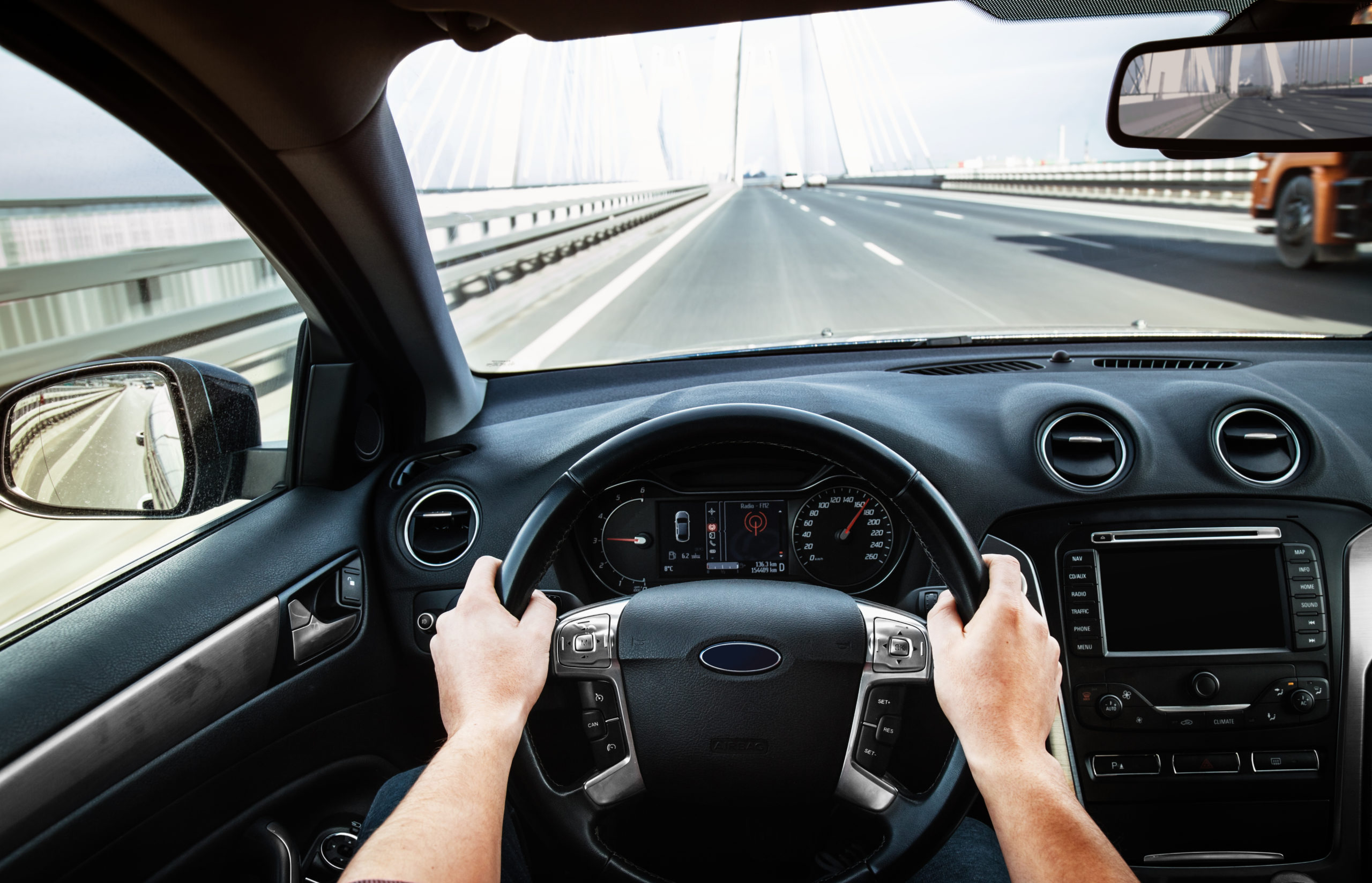Connect with us
Published
2 years agoon

Figuring out the proper methods to testing for in-the-moment cannabis intoxication has been a continuous conversation since the first states in the country began moving toward legal cannabis. Now, the folks behind Gaize, Inc. think they might have the answer. According to a Benzinga report, the company raised $1.2 million in seed capital funding for their non-invasive impairment detection platform.
While the company is choosing to hone in specifically on cannabis right now, Gaize is creating a self-contained and portable product made to detect impairment in real time.
Gaize Founder Ken Fichtler, and the former director of economic development for the state of Montana, plans to use the seed capital to hire for several key roles and to finalize and launch the product. He cites the changing attitudes toward cannabis alongside the reality that many of the same folks who approve of legal cannabis still think testing mechanisms must be perfected.
“Most people believe that cannabis should be legal, but they also agree that we need to have a way to know if people are too high to be driving or operating equipment,” he said. “That’s the baseline for legalizing cannabis safely, and Gaize is the answer.”
Fritz Lanman, CEO of ClassPass, is a Gaize investor and commented on his funding, “Gaize is building the cutting-edge technology we need to ensure that cannabis legalization happens in a way that maintains the safety of our roads and workplaces. I’m excited to play a role in bringing it to market.”
The device itself is a patent-pending, self-contained, automated test that uses machine learning to evaluate measures of cannabis impairment, the way it manifests in the body and its impact on the brain. Because THC is not metabolized or expelled by the body in a way mirroring impairment, Fichtlet explained that breathalyzers, blood tests and saliva tests are “useless” for detecting anything except prior cannabis use.
“Now that cannabis is legal for most of the population, prior use is not a crime,” he said. “We have to understand active impairment, just like we do with alcohol.”
Instead, Raize is looking to measure how cannabis impacts normal bodily processes, to measure experienced impairment in real time and aims to give law enforcement a reliable tool they can use to ensure drivers are safe.
Fichtler said that Raize is a “game changer” compared to existing tests, which are retroactive and don’t measure active impairment.
“Importantly, identifying active impairment as opposed to just prior use, also allows employees to safely use cannabis during their off-hours,” Fichtler continued.
A recent, two-year study conducted by the Center for Medicinal Cannabis Research at UC San Diego School of Medicine, looking at cannabis driving impairment, found no relationship between post-smoking blood THC concentrations and driving simulator performance, ultimately supporting the need for a new approach in testing active impairment.
The study’s co-author Robert Fitzgerald said that lack of correlation between THC concentration and driving performance was a surprise.
“It’s strong evidence against developing ‘per se’ driving under the influence statutes,” Fitzgerald said. The per se laws in question establish a statutory violation if a legal standard is breached, like blood-alcohol content being a measurable factor for DWAI and DUI charges.
While many are pushing for a better mechanism to measure active cannabis impairment, studies show that legal cannabis hasn’t led to an increase in driving-related injuries, including a recent Drug and Alcohol Dependence report looking at data in Canada since cannabis legalization.
Scott Macdonald worked on the study and said he wasn’t surprised by the results. “Just because cannabis is legal and more people are consuming it doesn’t mean significantly more people will be driving impaired,” he said. He added that driving impaired on cannabis is a safety risk, though it is also very different from being impaired by alcohol.
“People who are stoned can have memory issues and divided attention, making it difficult for them to do two things at once, but being drunk affects a person’s actual psychomotor performance and can lead people to drive more recklessly,” Macdonald said.


New Mexico Governor Calls Homeland Security Secretary’s Response to Pot Seizures ‘Inappropriate’


DMT Lab Discovered in Brentwood, California During Robbery Raid


States with Adult-Use Pot Saw Decrease in Alcohol Use, No Increase in Teen Substance Abuse


Research Shows Some Rolling Papers Have High Levels of Heavy Metals


MedMen Files for Bankruptcy


Carmelo Anthony Launches Cannabis Brand
